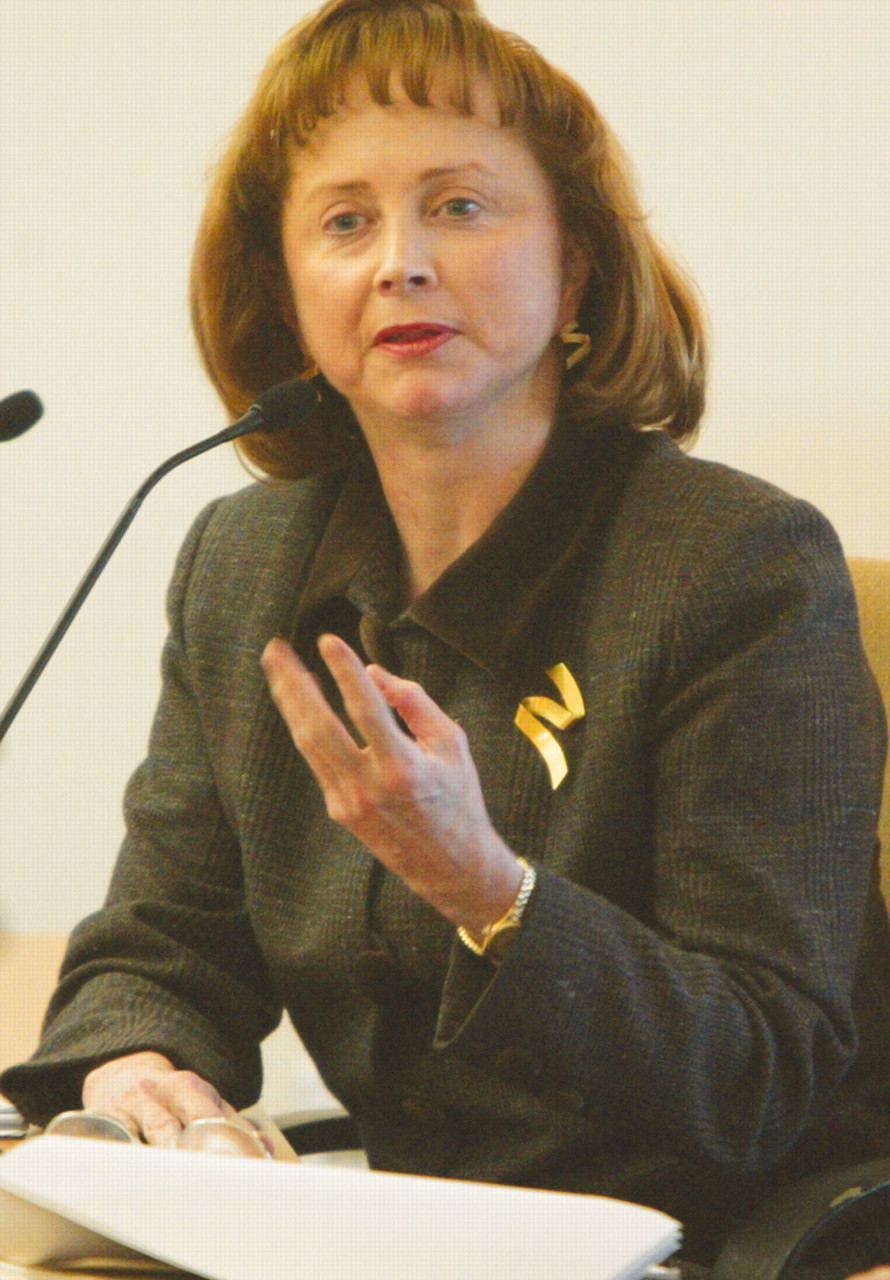Heeding a growing chorus of calls from district branches (DBs) for financial assistance from the national APA, the Board of Trustees voted at its December meeting to establish a $280,000 fund that will be distributed to the DBs.
The money will come from a surplus in APA’s 2003 budget and will be distributed in 2004 after a committee chaired by Assembly Speaker Prakash Desai, M.D., determines a mechanism for dispersing the funds. The entire budget surplus had been earmarked to replenish APA’s seriously depleted reserve funds.
The proposal to set aside the $280,000 was introduced after proposals to increase the set-aside to $500,000 and to send a blanket distribution to every district branch or state association regardless of financial need were narrowly defeated.
Past president Paul Appelbaum, M.D., stressed that it was crucial that DBs get the message that the APA Board understands the serious problems they are confronting as they and APA leaders work together to find ways to address the causes of the DBs’ financial distress. Several other members emphasized that the Board is concerned about the DBs’ financial situation and needs to find the best mechanism for providing financial and other assistance.
The Board also heard invited guest Priscilla Ray, M.D., president of the Texas Society of Psychiatric Physicians, who explained her DB’s plan to add an affiliate member category for psychiatrists who want to join the DB but not APA.
The plan is controversial because APA’s Bylaws state that psychiatrists must join both a DB and the national APA. The Assembly Committee on Procedures concluded at its October meeting that DBs that adopt such a plan would be out of compliance with the APA Bylaws (Psychiatric News, November 7; December 19, 2003).
Ray said that the issues that drove the affiliate proposal were the DB’s problems with “membership, membership, money, and membership.” The DB has lost 20 percent of its membership over the last seven years, she noted, and in the last three years has seen revenue fall by $208,000. They view the affiliate program “as a way to survive” in light of declining dues revenue, Ray said.
Former president Daniel Borenstein, M.D., asked Ray whether there were factors other than dues that were causing the DB to lose members, since 2004 will mark the ninth year since APA last increased its dues. Thanks to inflation increases, that means that in real dollars dues have actually declined over that period. He asked what APA could do to assist DBs in keeping and recruiting members other than provide financial support. Ray said that DB leaders hope that psychiatrists who join as affiliates will get involved in the DB and then realize the value of joining APA as well.
Area 4 Trustee Sidney Weissman, M.D., expressed concern that despite APA’s impressive slate of accomplishments in the government and regulatory arenas and in psychiatric research, “for some reason, people are not hearing the message of all the good APA is doing and has done.” The Association, he said, needs to do a better job of “communicating what we’re all about and what we are accomplishing. . . and find new ways to engage people in its mission.”
“The notion of adding affiliates just detracts from our strength,” he stressed.
APA President Marcia Goin, M.D., Medical Director James H. Scully, Jr. M.D., and Desai will meet with officers of the Texas DB—and the Washington State Psychiatric Association, which also has an affiliate plan in the works—in late January to see whether they can help the DBs devise a membership plan that is in compliance with the APA Bylaws. The DBs have agreed to delay implementation until after the Board’s March meeting.
In other matters, the Board of Trustees
• adopted a 2004 operating budget of approximately $56 million. It includes no dues increase for the ninth consecutive year and a substantial payment to replenish APA’s reserve funds.
• heard psychiatrist Anita Everett, M.D., who recently joined the Substance Abuse and Mental Health Services Administration (SAMHSA), urge APA to use its Institute on Psychiatric Services to strengthen the link between it and her agency. Everett, who was Virginia’s inspector general for mental health for five years, is the senior medical advisor to SAMHSA Administrator Charles Curie. She pointed out that SAMHSA will have the “primary role” in implementing recommendations of the President’s New Freedom Commission. Everett was an invited guest of the Board.
• approved a revision of the “Practice Guideline for the Assessment and Treatment of Patients With Schizophrenia.” The section of the guideline on treatment recommendations for patients with schizophrenia will appear as a supplement in the February American Journal of Psychiatry.
• approved the appointment of Howard Goldman, M.D., as the next editor of Psychiatric Services. He will replace John Talbott, M.D., who has edited the APA-published journal for 22 years. Goldman’s tenure begins with the journal’s July issue.
• voted to support the idea of adding options for members to pay their APA dues. These could include online dues paying and automatic monthly deductions from bank accounts or charges to credit cards.
• heard Medical Director James H. Scully Jr., M.D., report that the decline in the number of APA members over the last several years reversed in 2003. At the time of the Board meeting, APA had 772 more members than it did during the same week of the previous year, with membership increases in all dues-paying categories.
APA members can access a summary of Board actions at www.psych.org/members/bot/bot.cfm under “Members Corner.” ▪


